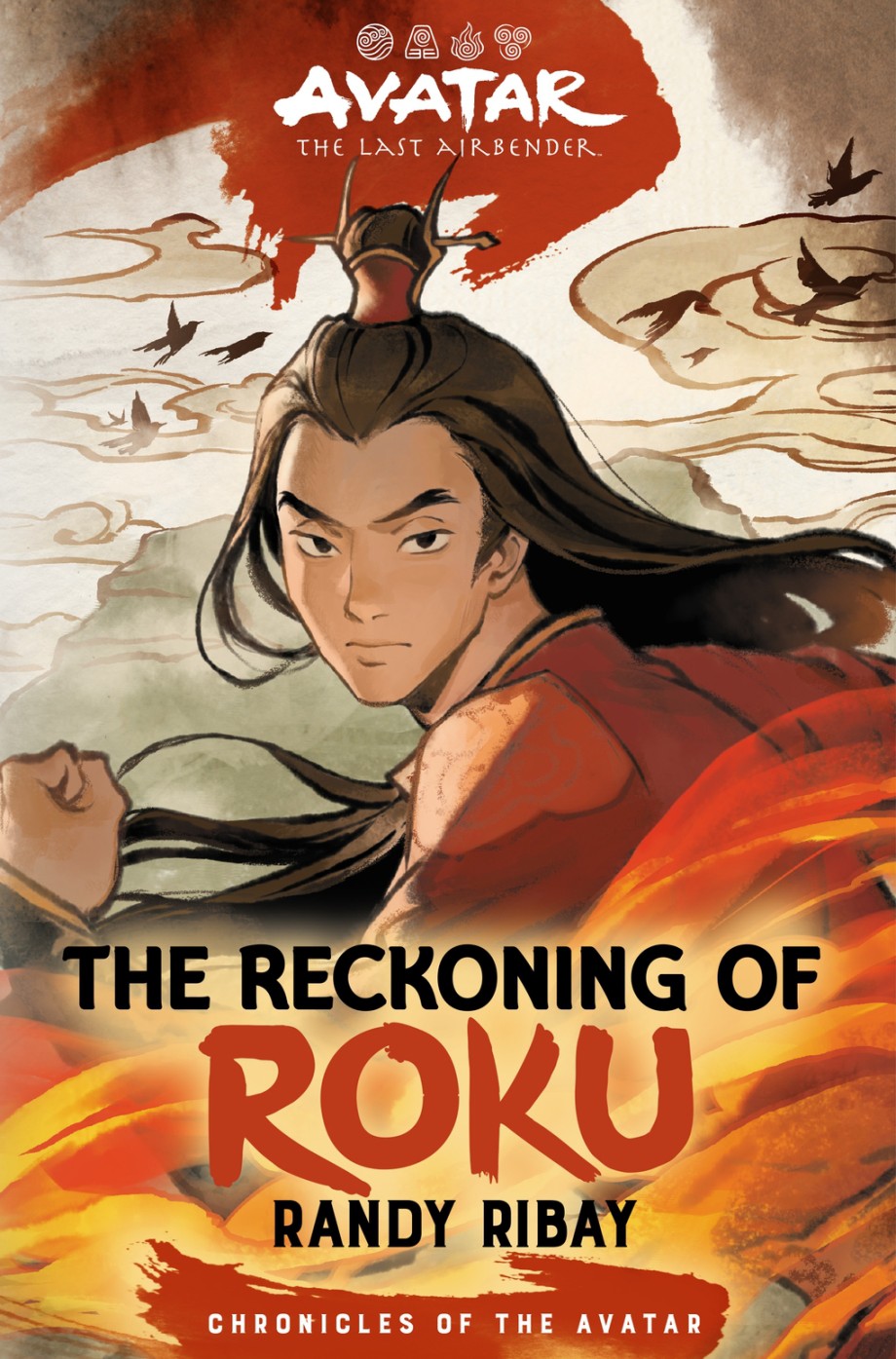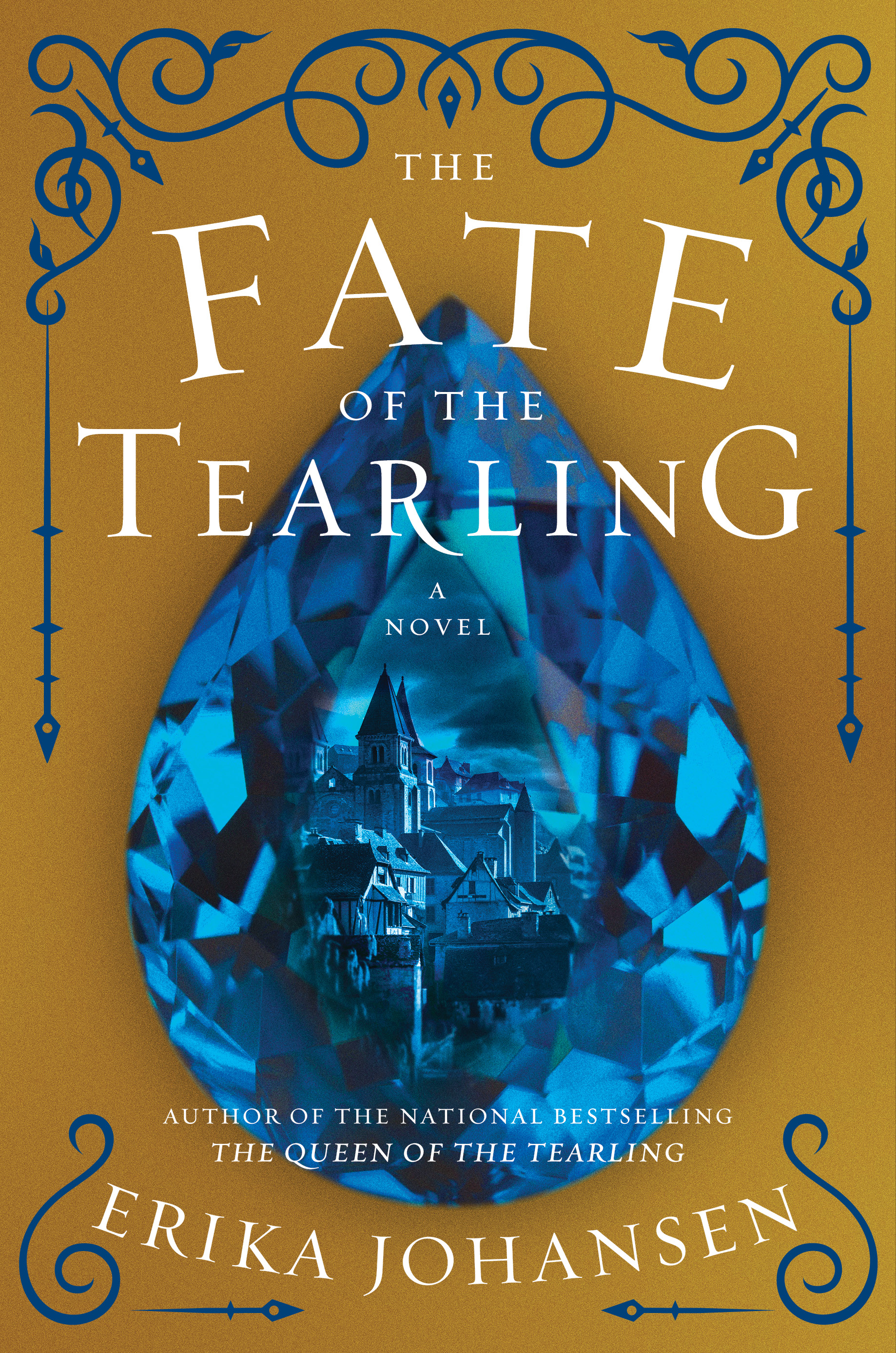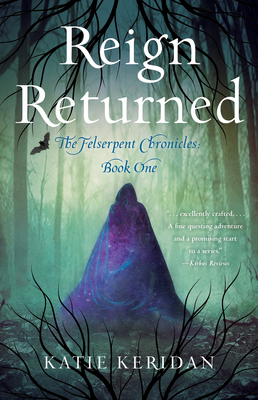 The Chronicles of the Avatar series has previously brought fans the origin stories of Avatars Kyoshi and Yangchen, and now the latest installment shines light on the early years of one of Aang’s best-known predecessors: Avatar Roku. For The Reckoning of Roku, National Book Award finalist Randy Ribay has taken over the reins of the series from author F.C. Yee.
The Chronicles of the Avatar series has previously brought fans the origin stories of Avatars Kyoshi and Yangchen, and now the latest installment shines light on the early years of one of Aang’s best-known predecessors: Avatar Roku. For The Reckoning of Roku, National Book Award finalist Randy Ribay has taken over the reins of the series from author F.C. Yee.
The novel opens with Roku preparing to set out for his training with an airbending master, leaving behind both his home in the Fire Nation and his best friend, Prince Sozin. Roku and Sozin have been close ever since the death of Roku’s twin brother a few years before, and neither one of them is sure they can face the pressure of their respective futures without the other. After the two part ways, their stories begin to branch off toward the destinies most fans already know: Roku as a principled and admired Avatar, and Sozin as a treacherous and power-hungry Fire Lord. But it’s one of the impressive things about The Reckoning of Roku that these paths don’t seem predetermined; the core of their friendship, at least, seems deep and true, rooted in genuine care and affection.
Even so, cracks soon appear. As Roku is learning from the Airbenders that he must set aside Fire Nation loyalty to become an Avatar for the whole world, Sozin is scheming about how to leverage his closeness to the Avatar for the Fire Nation’s advantage. When he discovers an unusual island that seems to hold the secret to unheard-of bending power, he’s determined to get Roku’s assistance in securing the island for the Fire Nation’s uncontested use. Convinced by his old friend that the Avatar’s intervention is needed to prevent the outbreak of hostilities, Roku goes against the advice of his master and sets out for the island alongside a young Airbender with whom he shares an uneasy alliance (and whose name will be familiar to fans), Gyatso.
One of my least favorite moments in all of the Avatar: The Last Airbender canon is when Korra, Aang’s successor, loses access to the generations of past Avatars who came before her, leaving her without guidance. It also felt, to me, like viewers were losing access to histories that I really wanted to know! So I particularly relish these stories that give readers a chance to discover some of what was lost.
As I already mentioned, I was really impressed with Ribay’s ability to make a betrayal I already know about feel fresh and poignant. Sozin, especially, looms large in the Last Airbender mythos, the architect of endless war. But in The Reckoning of Roku, he’s not quite that person, yet – although knowing that he will become such a villain makes the forging of Roku’s own “Team Avatar” feel even more vital. Readers looking for easter eggs and references to later events in the Last Airbender universe will also be gratified by Ribay’s narrative. (I particularly enjoyed getting to spend more time with Gyatso, Aang’s early mentor and friend.) I will warn that Ribay’s effectiveness in portraying these friendships can make parts of this book hit pretty hard. It is a joy to return to this world, but the narrative frequently reminds us that loss is always part of the story, too.
Another thing I liked was the way this book feels like a cohesive part of the Last Airbender universe while also expanding the bounds of that universe in some subtle yet significant ways. In one moment, Gyatso explains to Roku that Air Nomads can switch temples, traditionally segregated by gender, if “their understanding of their gender shifts” (94). We might expect nothing less from this pacifist and spiritual community, but it still matters that readers get to see it articulated clearly on the page, especially in a time when the rights of trans and gender non-conforming people are under attack. The island that becomes the focus of the story is also inhabited by a mixed community of benders who have no national allegiance. This community demonstrates new possibilities of belonging that help Roku challenge his own nationalist beliefs, and it gives readers a different view of the politics that dominate so many plots of the Last Airbender universe.
Reading The Reckoning of Roku made me eager for both its sequel and a rewatch of the original series – and what more could a fan ask for?
A copy of this book was provided by the publisher, Amulet, for review.



